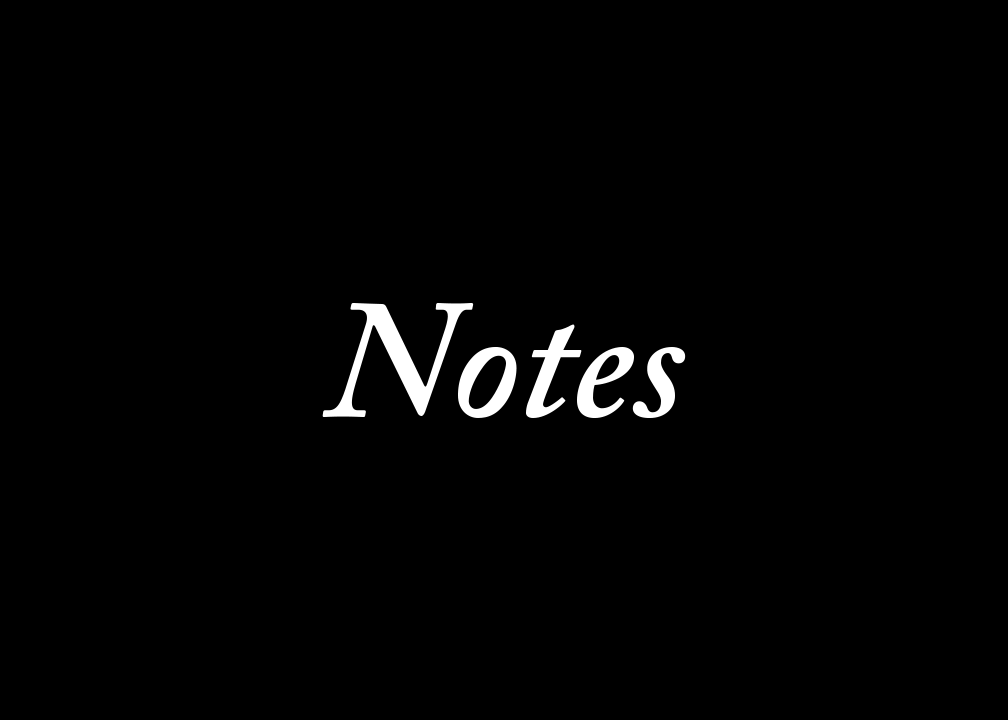We’re not going anywhere
Two weeks ago, we were sending our previous issue to the printers as polls began to close and results trickled in. As we’re sure our readers will have picked up by now, president-elect Donald Trump will be returning to the White House and Republicans will control the House and Senate as well. While we won’t spend time here analyzing what went wrong for Democrats, we do think it’s important to push back against a narrative of a “red wave.” While it’s true Trump did marginally better, the story (in our eyes) is that Kamala Harris received far fewer votes than Joe Biden did in 2020. Basically, Democrats failed to mobilize their base.
Chicago overwhelmingly voted for Harris, but Trump gained about five percentage points compared to 2020, garnering about 21 percent of the vote. While Harris secured the West Side, as well as the South Side’s Black Belt, Trump had pockets of supporters on the far North and Northwest Side, as well as the far Southwest Side—namely Mount Greenwood, Morgan Park, Beverly, Garfield Ridge, and Clearing. Parts of Canaryville and Chinatown, on the near Southwest Side, also leaned right, as well as Hegewisch and South Deering on the far Southeast Side. While Trump got about 20,000 more votes this year than in 2020, Harris lost some 175,000 votes compared to Biden four years ago.
Many people in our communities are worried about what the next four years will bring. Earlier this week, the Washington Post reported that Trump and allies were considering cuts to Medicaid and SNAP—policy choices that would impact families all over the city. Trump has threatened to enact mass deportations of 20 million people and made up lies about immigrants that have stoked fears and tensions. One of the stories in this issue, from MindSite News, looks at how immigrant communities are needing more mental health resources in the midst of dealing with Trump’s rhetoric. And as journalists, we’re wary of Trump’s attacks on the media. This week, Congress will debate a bill that could allow Trump to target and shut down any nonprofits—like us—that his administration considers a threat.
While we plan to cover these decisions and their impacts on the South Side, we’re also gearing up to expand our coverage of the ways people are resisting and building power and community at the local level: mutual aid groups, tenant organizations, unions, artist collectives, and more.
Trump likes to single out Chicago, and especially the South Side, in his speeches. We don’t particularly care to try to convince his supporters that Chicago is a great city. We care about getting it right for our readers and communities, for the people who trust us to report on complex issues with nuance and compassion, to capture oral histories and uplift emerging artists, and spotlight the people doing necessary, radical work across the South Side. We’re going to continue doing that, with your support.
Weekly reporters win Chicago Journalists Association award
On Friday, the Weekly’s investigations editor Jim Daley and investigative reporter Max Blaisdell won a Chicago Journalists Association Sarah Brown Boyden award in the technology category for their story “Missed Shots,” published earlier this year. The 85th annual awards ceremony, which honored the best journalism in Chicago and Northwest Indiana, was held at the Newberry Library on the Near North Side. Daley and Blaisdell’s winning series was the result of a months-long investigation of ShotSpotter, a controversial gunshot-detection company.
The investigation combined leaked company emails, public-records requests, interviews, on-the-ground reporting, and data analysis. Daley and Blaisdell found hundreds of shootings that the Chicago Police Department reported were missed by ShotSpotter sensors. The pair uncovered ShotSpotter executives’ internal discussions about their inability to repair broken sensors in Chicago and found they were warned repeatedly about electrical code violations. They also found ShotSpotter sensors in police districts the City hadn’t previously acknowledged them being in, and revealed that the company has continued collecting gunshot data in cities where contracts had been canceled.
Blaisdell, who is a fellow at the Invisible Institute and a staff writer for the Hyde Park Herald, also won a Sarah Brown Boyden award Friday for feature writing in Chicago Magazine for his piece on a University of Chicago professor detained in Iran. Daley, who was the Weekly’s politics editor before stints at the Reader and The TRiiBE, returned to the newspaper to found its Investigations Hub last year. Under his direction, the Weekly has published investigations of two CPD superintendents, hidden NASCAR street race costs, taxpayer funding of Sox Park, and the City’s migrant response. The Investigations Hub also provides workshops on public-records requests and works with community residents to empower them with investigative tools.
This marks the second year in a row the Weekly has won the award in the technology category. Last year, Jocelyn Martínez-Rosales won the award for her story “CashDrop Employees Speak Out,” a months-long investigation into allegations of workplace harassment and financial malpractice at a Chicago-based, Latino-founded startup.

